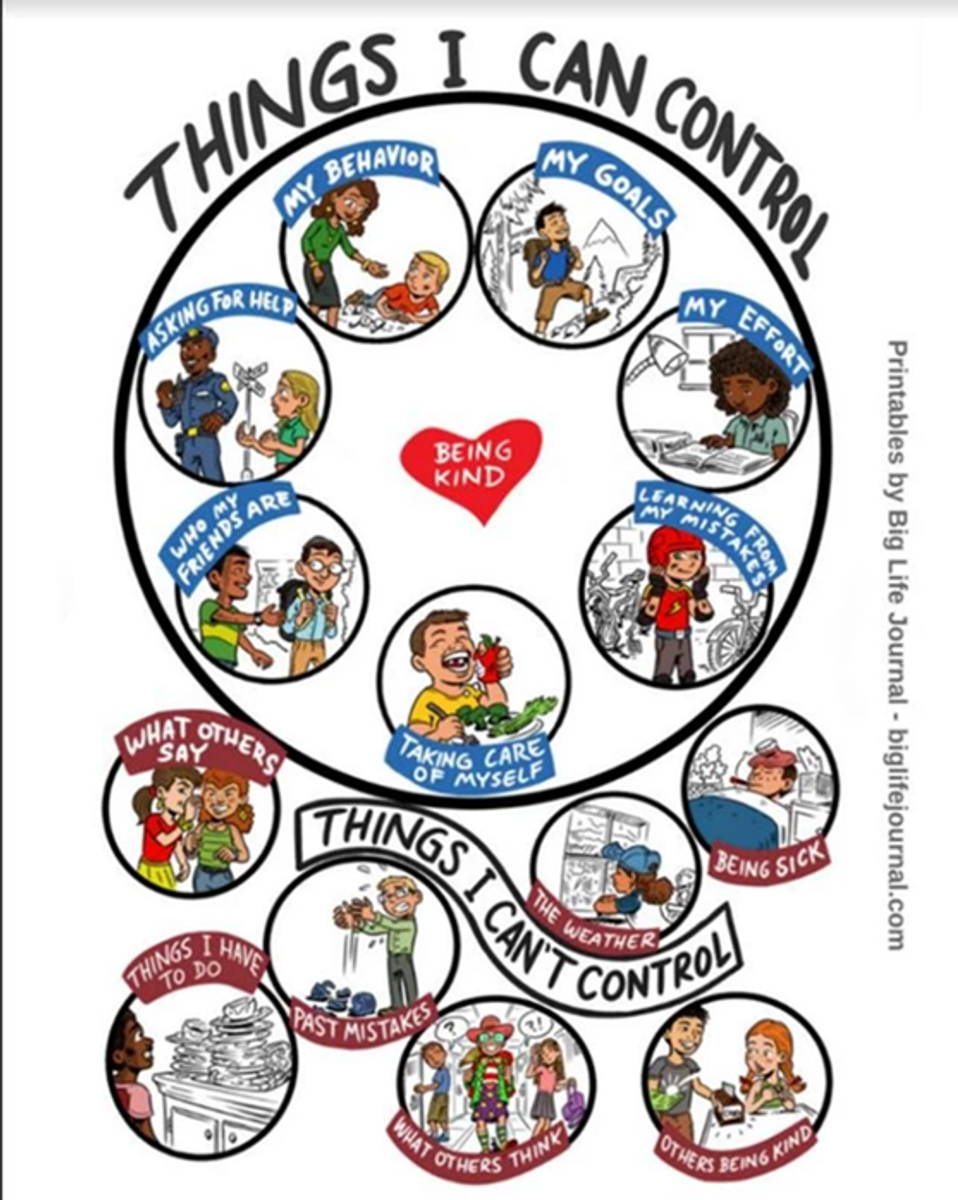Year 8 Pastoral Guardian
Jeni Barlow

Year 8 Pastoral Guardian
Jeni Barlow


The sound of an overwhelmed school student is an experience no parent, student or teacher enjoys. Yet, it becomes particularly evident around this time of the term as the assessment load builds, physical and mental tiredness sets in, and illness strikes. Not surprisingly, these circumstances become the springboard for a turbulent roller coaster ride for your child, while you find yourself grabbing for the safety harness as you wonder how best you can support your child.
Firstly, understanding the nature of stress is important. Stress is the body’s natural response to the challenges we face every day; it’s our body’s way of adjusting to new situations, and therefore grow our skills. However, when the body is overwhelmed, the capacity to remember, concentrate, think logically and to problem solve effectively becomes impaired. Any of these effects is frustrating, can erode confidence and self-belief, and leave us feeling even more overwhelmed. Or, in some students, physical symptoms of headaches, stomach aches crying, yelling or being argumentative develop. And so, a spiral eventuates, until effective intervention occurs.


The best intervention is equipping our young people with the skills and strategies that enable them to flourish and thrive – socially, emotionally and academically. This week’s SchoolTV resource Managing Overwhelm offers some great insights into why our young people feel overwhelmed as well as some great tips for supporting their needs. However, here are three more practical and ways to support your child.
One such skill is understanding and practicing the Circle of Control tool. As feelings of overwhelm emerge, a conversation which encourages your child to identify the things in their control or those outside of their control helps to promote skills of perspective, emotional regulation, responsibility and increase their self-efficacy.
Another way to reduce pressure is to teach the young people in our care not to compare themselves to others. Comparisons to peers, family members or to any of the world’s 7 billion people through social media, is a sure way to feel inferior and overcome! Instead, using the language of ‘being your best self’ or ‘achieving your best’ instils confidence, motivation, and a greater sense of control in their lives.
Finally, practice thought control techniques that help to quieten the unproductive thought processes that take over when feeling heightened. The 5-4-3-2-1 technique is particularly effective, not only in its simplicity to remember and use, but also its outcomes. It involves recognising:
So, if you see the signs of an overwhelmed child in the next couple of weeks, it is my hope that these strategies give you the confidence to buckle up and take the smoother roller coaster ride alongside your child! And as always, please know your Educational
Well-being team is here to offer you and your child support.
Kind regards,
Jeni Barlow
Year 8 Pastoral Guardian.